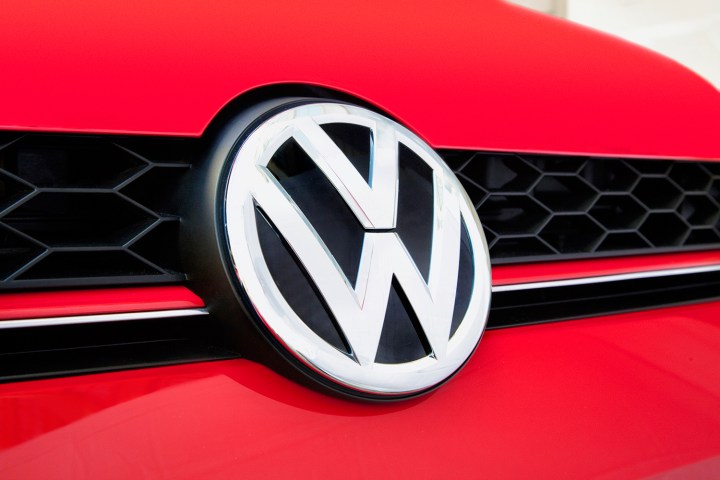
U.S. District Court Judge Charles Breyer granted approval yesterday to a settlement that was finalized at the end of July. The settlement covers approximately 475,000 cars, including multiple Volkswagen models and two versions of the Audi A3. It gives owners the options to take a buyback, or wait to have their cars modified to meet emissions standards. Owners are entitled to some cash payments in either case.
Buyback amounts are based on the National Automobile Dealers Association (NADA) “Clean Trade-In” value from the day before news of the VW diesel broke in September 2015. That means specific buyback amounts will vary based on the model, options, and mileage. Certain lessees will be able to terminate their leases without penalty, and certain owners will also be excused from loan obligations, according to the Plaintiffs’ Committee for Volkswagen “Clean Diesel” Litigation.
Read more: VW and U.S. dealers reach proposed “Dieselgate” settlement
Owners who want to keep their cars can opt out of the buyback and wait for modifications to be approved by the U.S. Environmental Protection Agency (EPA) and California Air Resources Board (CARB). There is some uncertainty about whether modifying all cars to meet emissions standards will be economically feasible, given the age of the some cars and the likely complexity of the alterations. In September, Elizabeth Cabraser, lead plaintiff’s attorney in the settlement, said most owners were expected to take the buyback.
Whether they take the buyback or keep their cars, owners are entitled to cash payments ranging from $5,100 to approximately $10,000. These payments will be made on top of the NADA trade-in value in the case of buybacks.
The settlement also requires VW to pay $2.7 billion for environmental remediation, and contribute $2.0 billion toward promoting “zero-emission vehicle technology.” The carmaker will have to pay additional penalties if 85 percent of cars haven’t been taken off the road or modified by June 30, 2019.
With the settlement approved, Volkswagen can now begin sending out buyback offers. It must wait for approval from the EPA and CARB before it can begin modifying cars. VW and regulators must also agree on a settlement for the 85,000 delinquent diesels equipped with 3.0-liter V6 engines.


